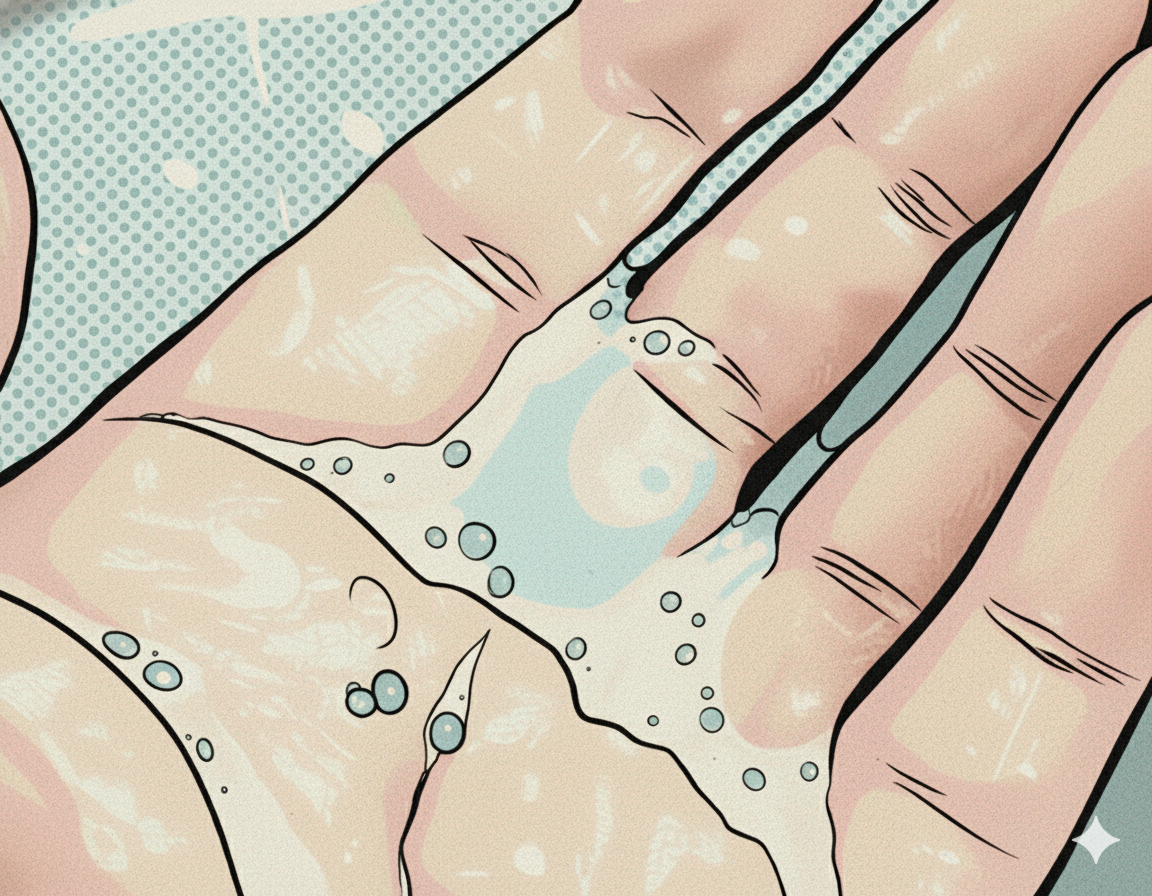Simple Fertility Fix — Detox Your Environment

Have you ever considered your soap might be to blame for your fertility struggles? Probably not, right? But new studies show that this may be an important part of the puzzle for many couples who struggle to conceive.

A 2009 study revealed that the typical American home contains more than 500 chemicals, many of which are known to have anti-androgenic and/or estrogenic effects on our bodies.
Four of the most worrying chemicals— phthalates, bisephonal A (BPA), triclosan (TCS), and parabens—aren’t rare. They surround us every day and make it into our bodies, our blood, and our reproductive systems.
In fact, the CDC found an average of 212 chemicals and men and women’s blood or urine, 75 of which had never before been measured in the US population.
Luckily, we can control the extent of our exposure to these dangerous anti-reproductive chemicals. Start with the three quick fixes below:
1. Investigate What You Put On Your Skin
According to the Environmental Working Group, there are 10,500 chemicals used in personal care products—just 13 percent of which have been tested for safety. Visit the Skin Deep Database to look up the safety of your products and to find non-toxic alternatives to everyday items like shampoo, deodorant, body wash, and more.
2. Dump Your Antibacterial Soap
Triclosan is found in a bunch of products, including antibacterial soap, toothpaste, acne cream, lotion, deodorant, cutting boards, toys, and more. It’s an endocrine disruptor and can lead to a depression of natural estrogen and androgen production. As if that’s not enough, when mixed with tap water, it creates the carcinogenic gas chloroform. Ditch the antibac and pick up some natural hand soap.
3. Go for Glass
Most plastic water bottles contain BPA and phthalates—big no-no’s for your fertility. Invest in a good glass water bottle and you’ll automatically reduce your exposure to these nasty chemicals. Water bottles aren’t the only place these buggers are hiding: the cans used to store beans and vegetables are lined with BPA, too.
Making these three simple environment fixes might not solve your conception problems right away. But they will have a bigger impact that you might think.
A Danish and German study released this year tested nearly 100 everyday chemicals and found that a third had an effect on sperm. When exposed to a mixture of chemicals (the norm for American men), sperm’s ability to swim, fertilize an egg, and be sensitive to female sex hormones was especially reduced.
This month focus on swapping your soap, ditching the plastic, and cleaning up your hygiene products. Not only will your home grow squeaky clean, so will your fertility.
For more simple fertility fixes, and insight into improving your odds of conceiving and carrying a healthy baby to term, be sure to check out the Conceivable Program.
